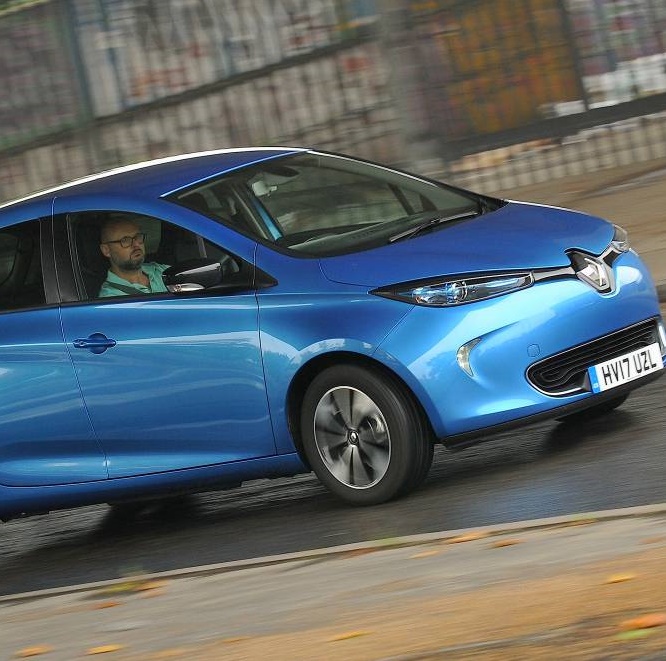Cars and Drivers
European Electric Car Sales Soar by 39% in 2017

Published:
Last Updated:

European sales of battery electric (BEV) and plug-in hybrid electric (PHEV) vehicles totaled 307,400 units last year, up 39% compared with 2016 sales. Electric vehicles accounted for 1.74% of total car sales in Europe last year, and they accounted for 2.55% of all December sales.
The largest gain came in Germany, where sales rose by 30,000 units, up 108% year over year. Electric vehicles accounted for 1.6% of Germany’s 2017 total sales and 2.3% of December sales.
On a percentage basis, electric vehicle sales in Norway amounted to 32.5% of all 2017 sales, reaching 42% of total December sales. Counting only passenger vehicles, 50% of Norway’s December sales were down to electrically chargeable vehicles.
The data were reported Monday by research firm EVvolumes.com, which noted it expects 2018 growth to reach 41% for a total of 430,000 BEVs and PHEVs sold in Europe. That total does not include sales of Tesla’s Model 3, which EVvolumes said won’t be included in its estimates until 2019.
At the end of 2016, there were 630,000 electric vehicles in Europe. With the addition of 307,400 in 2017 and an estimated 430,000 in 2018, that total more than doubles to 1.35 million by the end of this year.
The top-selling electric vehicle in Europe is the Renault Zoe, a BEV with a range of about 130 miles and a base-model sticker price in France of about $26,460 before incentives of $8,300. Battery rental fee for up to 4,700 miles of driving in one year is $77 per month. Renault sold more than 31,000 Zoes in 2017, up 45% year over year.
Other vehicles with large year-over-year sales gains:
Sales of BEVs accounted for 51% of all electric car sales last year, slightly below the 53% of total sales registered in the first half of the year. New PHEV models for German automakers are responsible for the shift in percentages.
A few other interesting data points from the report:
Retirement can be daunting, but it doesn’t need to be.
Imagine having an expert in your corner to help you with your financial goals. Someone to help you determine if you’re ahead, behind, or right on track. With SmartAsset, that’s not just a dream—it’s reality. This free tool connects you with pre-screened financial advisors who work in your best interests. It’s quick, it’s easy, so take the leap today and start planning smarter!
Don’t waste another minute; get started right here and help your retirement dreams become a retirement reality.
Thank you for reading! Have some feedback for us?
Contact the 24/7 Wall St. editorial team.